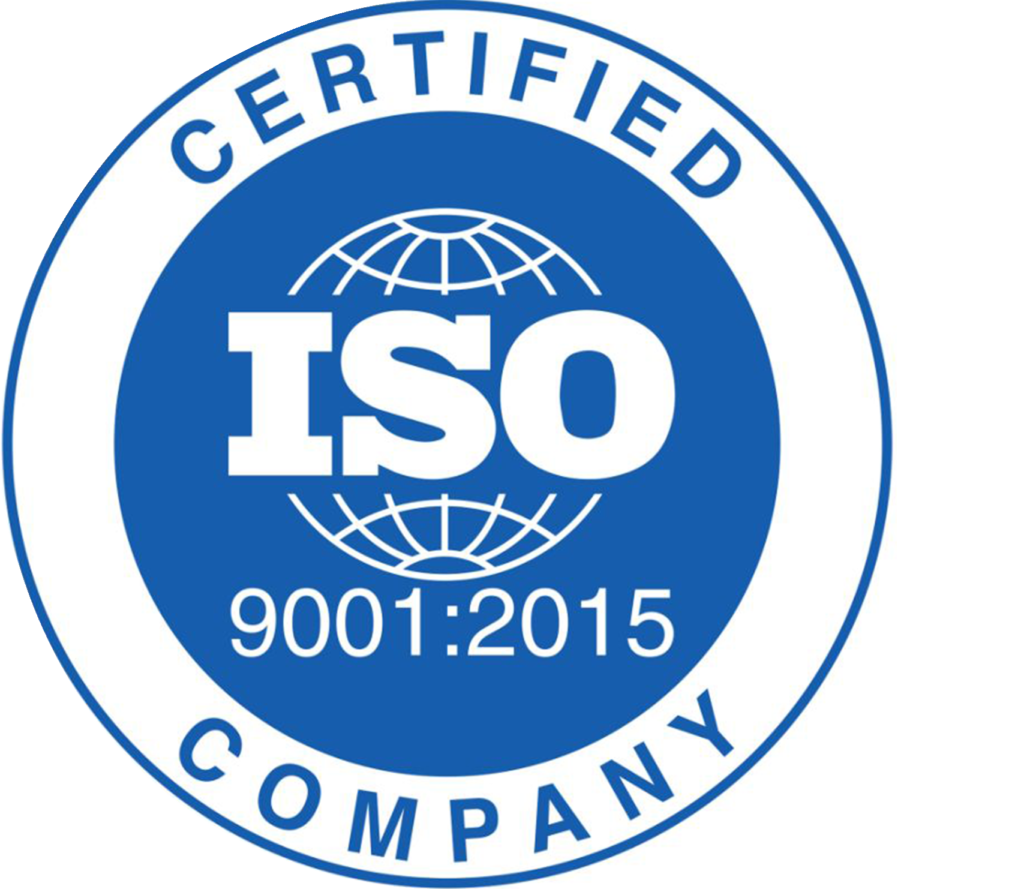Data Warehouse Interview Questions: Interviews for data warehousing roles can be tricky. Whether you are a fresher just starting out or an experienced professional aiming for a senior position, preparation makes all the difference.
The interviewer may check your understanding of basic data warehouse interview questions, move to data warehouse concepts interview questions, and then test your skills with advanced data warehouse interview questions.
But yes, preparing or a job interview can be stressful, especially when the role involves working with large-scale data and analytics systems. One such role is related to data warehousing, a field that demands both technical knowledge and problem-solving skills.
Whether you are new to the field or an experienced professional, interviews typically test you across three levels:
- Basic data warehouse interview questions to assess your foundation.
- Data warehouse concepts interview questions to check your technical clarity.
- Advanced data warehouse interview questions and scenario-based queries to see how you handle real-world challenges.
In this blog, we’ll walk you through 60 commonly asked data warehouse interview questions and answers. We’ll also discuss how institutes like Zenoffi E-Learning Labb not only provide strong technical training but also help candidates through mock HR rounds and personalised interview prep.
We’ll also connect this learning journey with related career opportunities in analytics and data science, such as the best data science courses, data science courses in Bangalore, and how data analytics training can shape your long-term career in data analytics.
Let’s get started then, shall we?

What is a Data Warehouse?
A data warehouse is a central repository where organisations store structured, historical, and aggregated data. It allows business analysts, decision-makers, and data scientists to query data efficiently and derive information.
As William Inmon, often called the Father of Data Warehousing, once said:
“A data warehouse is subject-oriented, integrated, time-variant, and non-volatile.”
This definition forms the backbone of many data warehouse interview questions, so it’s worth remembering.
For more information, you can read this blog: Data Warehouse in Data Mining: Role, Types, Benefits, Functions, And More…
Basic Data Warehouse Interview Questions
These are usually asked to freshers or candidates applying for entry-level roles.
- What is a data warehouse?
A repository of integrated data collected from multiple sources, used for reporting and analysis. - How is a data warehouse different from a database?
Databases are optimised for transactions, while warehouses are optimised for analysis and queries. - What are the characteristics of a data warehouse?
Subject-oriented, integrated, time-variant, non-volatile. - What is ETL in data warehousing?
ETL stands for Extract, Transform, and Load — a process to move data from source systems into the warehouse. - What are fact and dimension tables?
- Fact tables contain measurable data (sales, revenue).
- Dimension tables contain descriptive attributes (time, product, location).
- What is OLAP?
Online Analytical Processing (OLAP) is used for complex analysis, supporting multidimensional queries. - What are star and snowflake schemas?
- Star schema: a central fact table linked to dimension tables.
- Snowflake schema: dimensions are normalised into multiple related tables.
- What is metadata in data warehousing?
Metadata is “data about data.” It explains sources, transformations, and data lineage. - Name some common ETL tools.
Informatica, Talend, SSIS, DataStage. - Why do businesses need a data warehouse?
To improve reporting, enable decision-making, and store historical trends.

Data Warehouse Concepts Interview Questions
These questions go one step deeper into understanding.
- What is a data mart?
A subset of a data warehouse focused on a single subject area. - What is a surrogate key?
An artificial key (usually numeric) used to uniquely identify rows in a table. - What is slowly changing dimension (SCD)?
A technique to manage and track historical changes in dimension tables. - What is a factless fact table?
A table without measurable facts, used to capture events or relationships. - What is data granularity?
The level of detail stored in a data warehouse. - What are additive and semi-additive facts?
- Additive: can be summed across all dimensions.
- Semi-additive: can only be summed across some dimensions.
- What are conformed dimensions?
Dimensions that are shared across multiple fact tables. - What is data cube?
A multidimensional dataset used for OLAP analysis. - What are degenerate dimensions?
Keys from fact tables stored as dimensions but without descriptive attributes. - What are junk dimensions?
A single dimension table created to store low-cardinality flags and indicators.
Read More: Key Functions Of A Data Warehouse Explained Simply!
Advanced Data Warehouse Interview Questions
For senior roles, you can expect complex and scenario-based queries.
- How do you design a scalable data warehouse?
By choosing the right schema, partitioning, indexing, and using cloud-based platforms. - How would you handle real-time data in a warehouse?
By using streaming ETL pipelines and hybrid transactional/analytical systems. - What challenges have you faced in data warehousing?
Data quality, latency, schema changes, and integration with multiple systems. - What is data partitioning?
Splitting a large table into smaller parts for better performance. - How do you manage schema evolution?
By maintaining version control and flexible ETL processes. - How do you secure sensitive data in a warehouse?
Role-based access, encryption, and data masking. - What are surrogate vs. natural keys? Why choose surrogate?
Surrogate keys are stable and independent of business logic, while natural keys may change. - How do you optimise slow queries in a warehouse?
Use indexing, materialised views, partitioning, and caching. - How do you measure data warehouse performance?
Query response time, ETL load time, and system availability. - How do you integrate a warehouse with BI tools?
Using APIs, ODBC/JDBC connectors, or built-in integrations.
Know More: 3 Tier Architecture of Data Warehouse: Components, Benefits & Explanation

Data Warehouse Interview Questions for Experienced
Here are some interview questions on data warehousing for experienced professionals:
- How do you handle incremental loads in ETL?
- Explain the differences between top-down and bottom-up design.
- How do you implement SCD Type 2?
- How do you balance data latency with reporting requirements?
- What is your experience with cloud data warehouses (e.g., Snowflake, Redshift)?
- How do you handle large-scale ETL failures?
- What governance practices do you follow in data warehousing?
- What’s your approach to building data warehouse automation?
- How do you manage slowly growing dimensions?
- What are the best practices in data warehouse testing?
These questions reflect not just knowledge but also practical experience, a reason why advanced data warehouse interview questions are crucial for senior roles.
How Zenoffi E-Learning Labb Helps in Interview Preparation?
Many candidates struggle not because they don’t know the answers, but because they cannot communicate confidently.
At Zenoffi E-Learning Labb, we focus on both:
- Technical learning in data warehousing and analytics.
- Mock HR rounds and interview prep sessions to build confidence.
Our programs go beyond theory and replicate the actual interview process. This combination helps learners crack both basic data warehouse interview questions and more advanced, scenario-based ones.
Data Science and Analytics Careers
While data warehousing is a strong career path, many candidates expand into data analytics training and data science courses in Bangalore. Why? Because warehouses form the backbone of analytics.
- Best data science courses today include modules on warehousing, ETL, and cloud storage.
- If you’re wondering, is data science a good career? – the answer is yes. Data science and analytics continue to grow rapidly in India.
- A career in data analytics often begins with warehouse fundamentals.
That’s why many learners start with Zenoffi E-Learning Labb for structured data training, then move into specialised data science and analytics domains.

On A Final Note…
Data warehouse interviews are all about clarity of concepts and confidence in application. From basic data warehouse interview questions to interview questions on data warehousing for experienced, being well-prepared helps you stand out.
So, keep practising, take help from institutes like Zenoffi E-Learning Labb, and explore related skills through data analytics training and data science courses in Bangalore. This way, you’ll not only clear interviews but also build a strong career in data analytics and beyond.
FAQs on Data Warehousing
1. What is the difference between OLAP and OLTP?
OLAP is for analytical queries; OLTP is for transactional processing.
2. What are the most common basic data warehouse interview questions?
Questions about definitions, fact vs. dimension tables, and schema designs.
3. How do I prepare for advanced data warehouse interview questions?
Practise scenario-based questions, work on ETL projects, and join mock interviews.
4. Is data science a good career?
Yes, especially when paired with strong knowledge of warehousing and analytics.
5. How can Zenoffi E-Learning Labb help me?
By offering structured courses, mock HR rounds, and technical interview prep.





